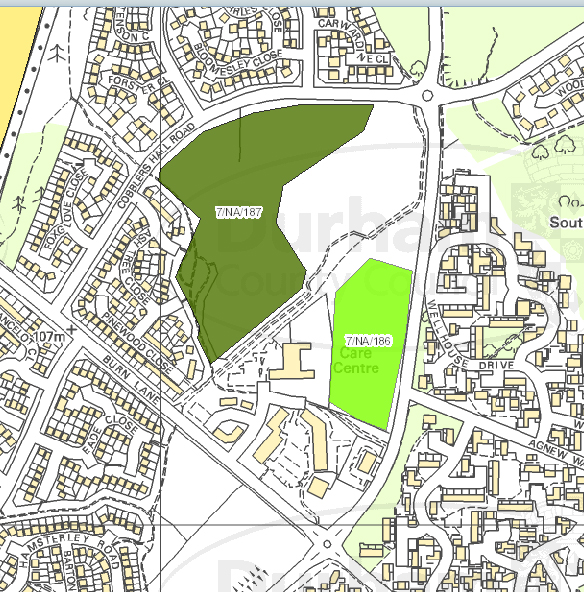Extreme weather conditions expected in winter could leave householders in Durham with unwanted visitors in its wake. High winds – and in some areas flooding and storms – experienced nationally could lead to pests, including rats and squirrels, seeking shelter in your home.
According to the British Pest Control Association, (BPCA) homes are a prime target, with access to warmth and food sources providing the right conditions for them to take hold. The average property may have more than a dozen potential entry points for rats and squirrels.
Dee Ward-Thompson, BPCA Technical Manager, said: “Rats and squirrels are exceptionally agile and despite their size even adult males can get through gaps as small as two centimetres. Of concern, particularly from a public health perspective, is the way rats can travel along flooded drains, surviving even the most aggressive weather conditions.
“They often use plumbing pipes, as well as unscreened vents or gaps in the eaves and roof edges, to gain access. For most householders, the first evidence that rats have entered their home is noises under the floor, in the walls or loft, as that’s where most will head to once they’re inside. Once indoors, they do their best to find sources of food, which means they can soon move to other areas of the house occupied by humans”.
Rats breed rapidly and will create nests in attics or walls, so the problem can soon escalate. For squirrels, the wind has displaced a large number of leaves in the trees fairly early on, so they will be looking for shelter too.
They will enter a property usually through roof ducts and set up home above the ceiling. Squirrels in the home can present a real hazard. They are generally bigger than rats and once indoors they start to chew aggressively and can do a lot of damage quickly. That can include electrical wires, which can present a real safety risk.
BPCA says the best course of action for householders is to prevent an infestation taking hold in the first place, rather than tackle it when rats or squirrels have moved into a property. They advise that properties are inspected and any external gaps, holes or crevices that could give pests an access point are plugged.
Other tips from the trade body include keeping yards and gardens tidy and clear of vegetation to prevent rats and squirrels taking cover near properties, making sure doors and windows are closed properly and closing off access to drainage routes with properly fitted drain covers.
Refuse bins should also be kept in good order, particularly as windy weather can cause them to knock over and provide a feed source to rats. They should have solid lids and no leftover food or debris nearby. Compost heaps should also be covered and bird feeders kept clean and well maintained.
If a householder suspects they have an infestation, it is important to employ recognised professionals.
Mrs Ward-Thompson added: “Rats and squirrels must be dealt with by a professional pest controller who knows the area in question and their likely habitat, and knows how to treat any particular issue.
Most people simply want the job done right first time and, by employing a company or individual affiliated with BPCA, they can be sure they’re using an expert in the field.
They’ve established strict criteria to ensure the professionalism of members so controllers carrying their logo will carry out safe, effective and legal treatments.”











